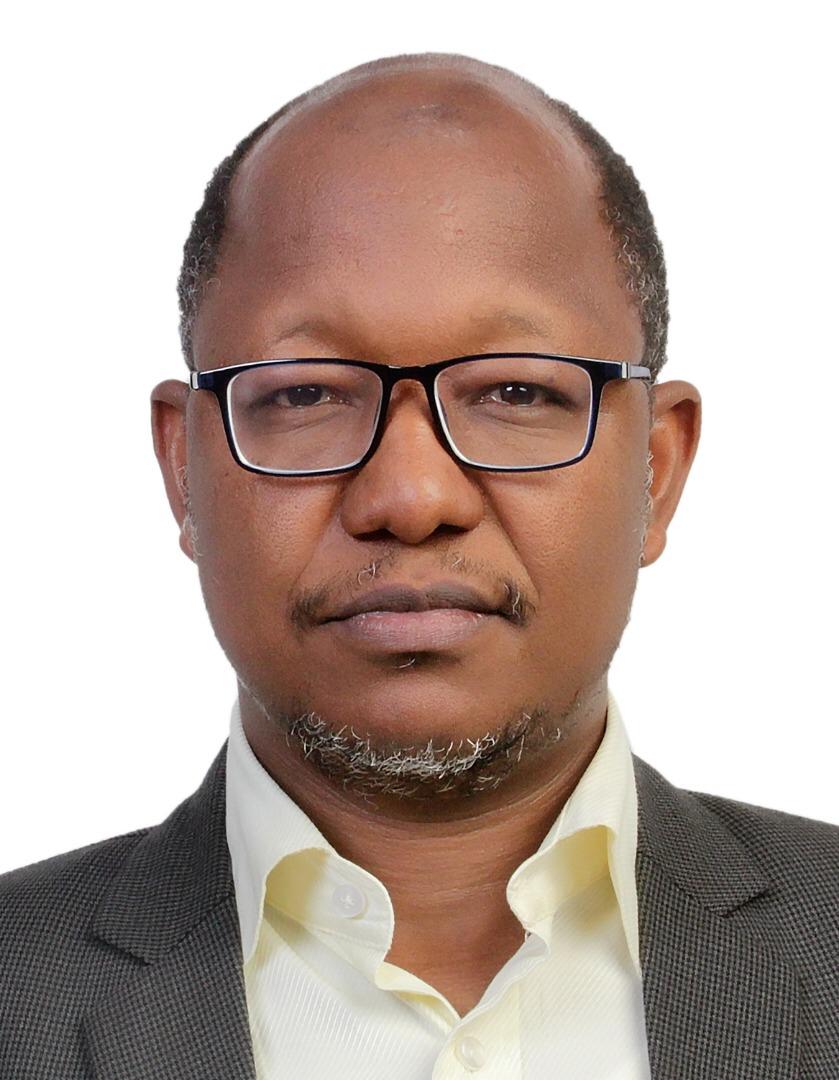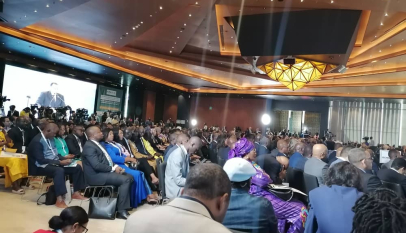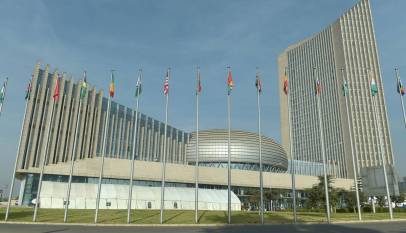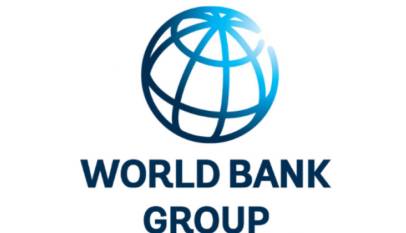INTERVIEW: “Science, technology key to achieving food security in Africa”
Abdulrazak Ibrahim is the capacity development officer of the Forum for Agricultural Research in Africa (FARA), African Union’s apex organization responsible for coordinating and advocating for agricultural research for development (AR4D)

What is the Forum for Agricultural Research in Africa (FARA) is all about?
The Forum for Agricultural Research in Africa (FARA) is responsible for coordinating agricultural research for development (AR4D) in Africa. This implies that, FARA is the continental organization that sets the agenda in terms of where countries need to invest their funds to promote research activities that will lead to development, which are ultimately mainstreamed into achieving all development goals.
FARA is therefore the technical arm of the African Union Commission (AUC) responsible for anything related to agriculture; science, technology, and innovation (STI). So, we set the agenda, promote partnerships, and bring stakeholders together from different parts of the continent on issues relating to AR4D. We operate by reaching out directly to African countries and also reach out through the sub-regional organizations.
So, at the top we have the African Union (AU), the AU Commission and FARA while at sub-regional levels, we have the Economic Community of West African States (ECOWAS) for the West African region, the Northern African Organization (NOA) in North Africa; while in Southern Africa, we have the Southern African Development Community (SADC) and the East African Community (EAC) in East Africa.
For each of these sub-regions, we have our corresponding technical arms; in ECOWAS, the technical arm is called West and Central Africa Council for Agricultural Research and Development (WECARD), in Southern Africa, the technical arm is called Center for Coordination of Agricultural Research and Development for Southern Africa (CCARDESA), while in Eastern Africa, we have the Association for Strengthening Agricultural Research in Eastern Africa (ASARECA). So, we work with these sub-regional organizations as our technical partners, who then connect countries in their respective sub-regions.
WECARD in the ECOWAS sub-region deals with all the research institutes in West African countries. For example, in Nigeria, it is the Agricultural Research Council of Nigeria (ARCN) that is responsible for coordinating AR4D in the country and sets the agenda for all the research institutes and colleges of agriculture in Nigeria. So, this is how we work and we drive our mandate from the AUC.
Our overall aim is to see that Africa becomes more food secure, and the African agriculture becomes more competitive. This can only be achieved by ensuring that African countries apply more science in agriculture so that science will impact on all the different developmental goals – in terms of improving human capacity, strengthening institutions, tackling climate change, food security, and improving livelihoods for sustainable development.
What role can STI play in boosting agricultural development in Africa?
This is very glaring! If you take a look throughout the world, there’s no country that has achieved food and nutrition security without applying science. Europe, America and China were only able to achieve food and nutrition security because they applied science. The green revolution that Africa missed paid off in India because they deployed science; Brazil achieved it by applying science, likewise Thailand and other Asian countries achieved food and nutrition security as well as sustainable growth through the application of science.
Therefore, these countries represent great lessons for Africa from which we can learn to make our agriculture more competitive, because they were able to apply science; Africa missed the green revolution because we failed to deploy science. Today, Africa is the youngest continent in the world. More than half of the world`s clean water and arable land is here in Africa, why then should Africa be spending billions of dollars to import food? Why should Nigeria be spending billions of dollars to import rice or soybean?
So, the reason why Africa has not achieved food security lies in the failure to apply science in agricultural production. If we keep using hoe and traditional seeds, we will continue to get low yield, and the difference between a hoe and a tractor is science; if you apply science then you get technology that can work for you.
What is the policy stance of FARA on the application of seed Genetic Modification (GM) technology in Africa?
FARA sets the agenda for AR4D in Africa, but if you look at the African continent it is a very fragmented continent, where you have countries that have a population of around 200 million like Nigeria and others that are just 2 million. This fragmented nature of Africa means proper coordination is very important and it is the basis for the existence of FARA; so that we can bring all the countries together and have a coherent agenda. So, at the moment, it is difficult to take one particular agricultural technology and push it on all African countries.
Therefore, we do not say all countries must adopt genetically modified seeds, there are some countries where the technology is relevant and they have the capacity to deploy it. Right now, our major concern in Africa is capacity development, because before you can deploy technology you need to have the capacity (people that will handle it) like biosafety regulations. However, if a country embraces it and has the capacity to adopt it, we support that. But we do not set the agenda especially because of the controversy around it.
FARA works across 9 out of the 17 Sustainable Development Goals (SDGs). What role are you playing in terms of ending hunger, achieveing food security and eradicating poverty in Africa, working with the sub-regional AR4D institutions?
We have a number of political frameworks within the AU such as the Comprehensive Africa Agriculture Development Plan (CAADP); FARA is responsible for achieving the goals of CAADP particularly pillar 4 which has to do with food and nutrition security, doubling productivity, climate resilience and so on. So, here in FARA, we have a technical framework that has been designed to achieve the goals of CAADP and the name of that framework is the Science Agenda for Agriculture in Africa (S3A); it is a technical framework that allows countries to mainstream science in their national investment plans.
S3A’s vision is that Africa becomes the food basket of the world, by 2030, and CAADP stipulates that African nations should invest 10% of their national investment; if they do, they are assured of at least 6% of economic growth. So, the instrument with which you can achieve CAADP is the S3A, and FARA is pursuing the science agenda which connects to all the technical frameworks including CAADP, and the Science, Technology, and Innovation Strategy for Africa (STISA-2024) which feeds into the bigger AU Agenda 2063 and the global Sustainable Development Goals 2030 (SDGs).














